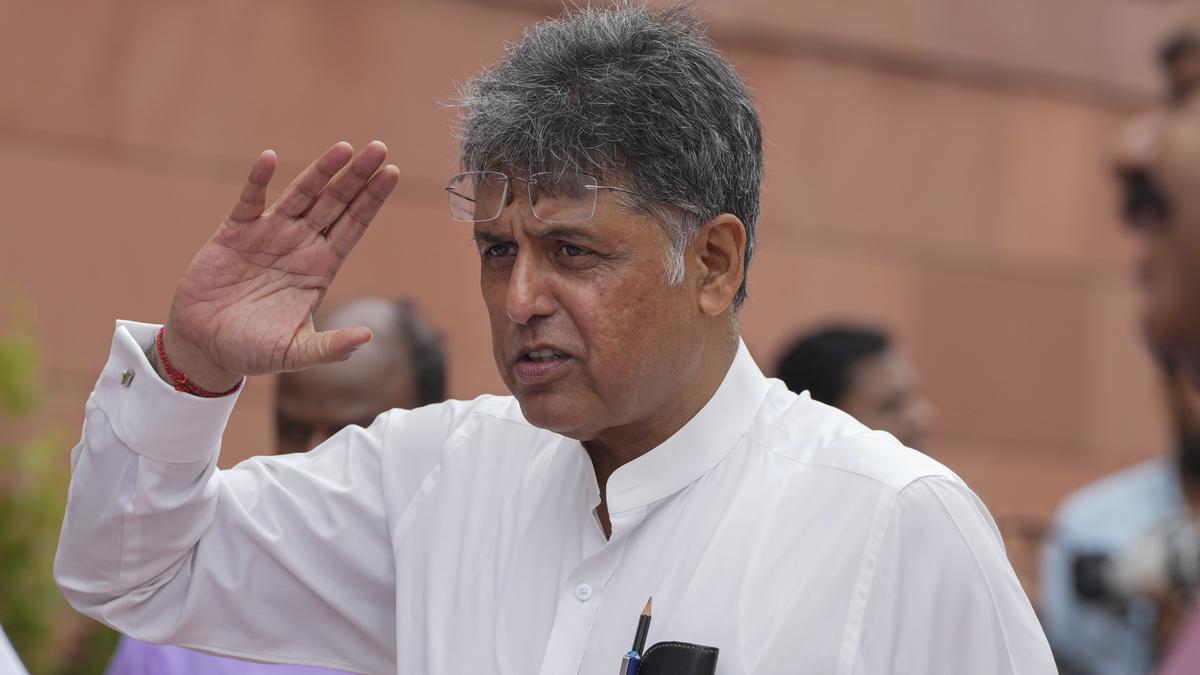ARTICLE AD BOX
As an officer of the court, I should not be allowed more than a mild lament at the incredibly extraordinary developments on Aug 11 in the court of
Justice Pardiwala
and his puisne judge – directions on banishing all community dogs in Delhi-NCR to “shelters”.As a participant in future proceedings, I will scrupulously steer clear of the merits of the matter. But it’s necessary to record and analyse some details of the hearing.Justice Pardiwala pooh-poohed a Central legislation and dictated an order that many would say is in contravention of the law, while, at the same time mentioning he will not be stopped by the law – perhaps the most extraordinary statement from a lordship adorning the august bench of the Supreme Court.Second, any legal process requires both sides to be heard. As any lawyer worth his onions will tell you, the right to be fully heard is a rule of law that is significant to the point of being indispensable.While it does occasionally result in one or the other counsel droning on at great length with seemingly inexhaustible resilience, lordships on the bench consider it to be their unfortunate plight to allow the soporific submissions to run their course.Indeed, the lack of a fair opportunity to be heard is a good ground to challenge an adjudication on which the counsel with the lesser lung power ran out of breath.Small wonder then that our courts of law have had occasion to consider and rule upon the question of what constitutes a fair hearing, as also the difference between a fair hearing and a complete hearing.Lawyers with a tendency to lapse into Latin, so as to adequately impress their juniors and evoke the awestruck gaze, frequently employ the term “audi alteram partem” ie, the right to be heard. The term originated in Greek and Roman history. It found itself comfortably ensconced in English common law, with the not inconsiderable assistance of the mercurial Oliver Cromwell, and has withstood the test of time since then.Consider, therefore, the shock felt by observers at Justice Pardiwala’s court when he thought it fit to dismiss intervention applications from animal rights organisations and then declared that he would not allow any of them to come forth with their submission – but instead would hear the submissions of only the Solicitor General. This surely, was the unkindest cut of all.Dogs, the subject matter of the case, would not have the faintest idea of what awaits them. For such cases, the relevant legal doctrine is locus parenti – when an individual or organisation is allowed to speak for the voiceless. And who better to do this than organisations that are intimately familiar with the trials and tribulations a dog suffers in a world of human greed and deceit. Yet, the court did not deem it necessary to hear them and dismissed all intervention applications.This is especially sad because voiceless animals have on many occasions received justice for their cause from the courts.We must, therefore, carefully assess what happened in the court. An issue of significance and importance to at least a half of the population and some, is being decided unilaterally by the Supreme Court without inviting naysayers to cite their reasons. These reasons would have included the dubious role of some media outlets that indulged in fear mongering, fake news that has been perpetuated into supposition and transformed into fact, and of course the science, ethics, desirability and feasibility of what has been directed.The court of Justice Pardiwala has denied itself the opportunity to bring in a much more feasible and harmonious solution. In the process, it has opened the door to the question of why and when the courts will again make a ruling denying the right of audi alteram partem, and to whom.



.png)
.png)
.png)
















 2 hours ago
5
2 hours ago
5









 English (US) ·
English (US) ·